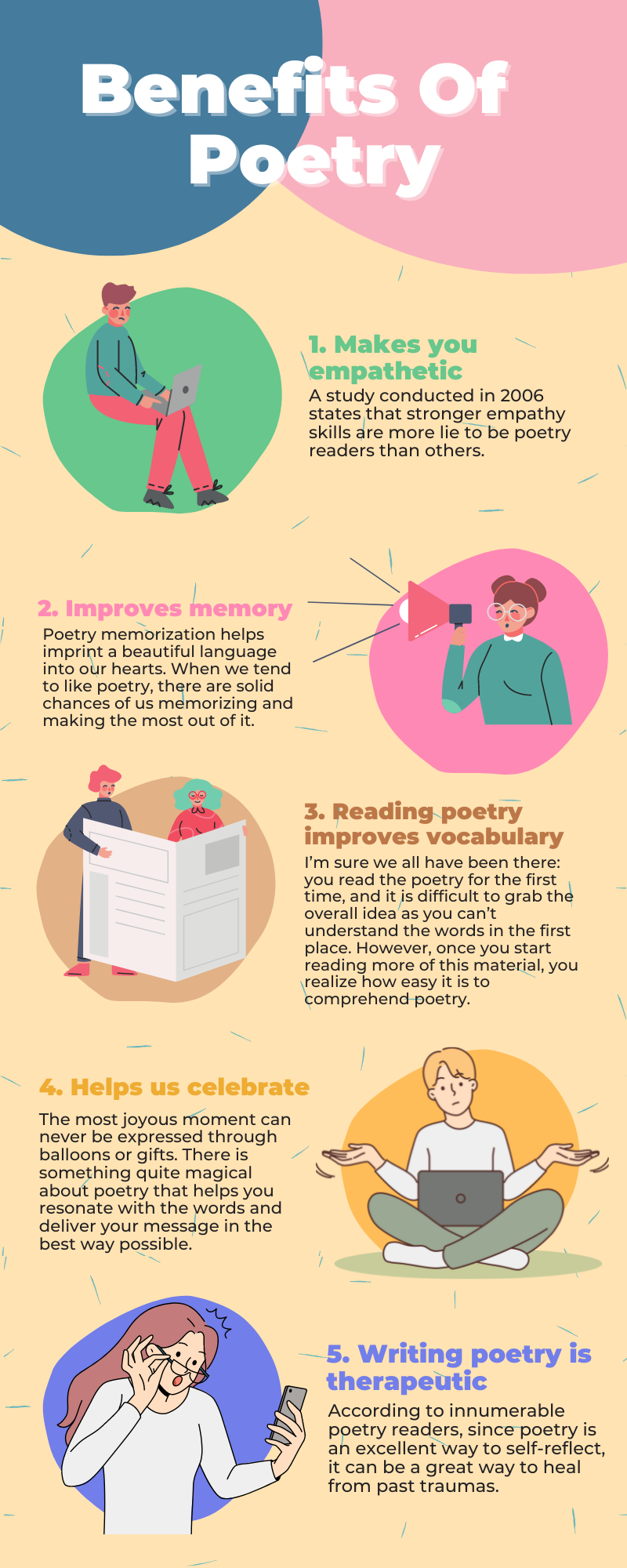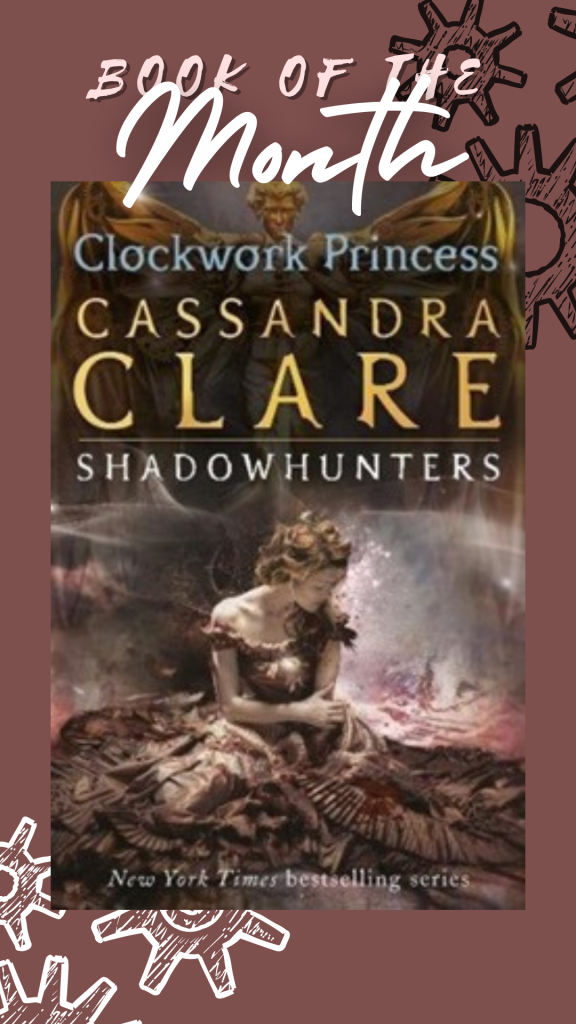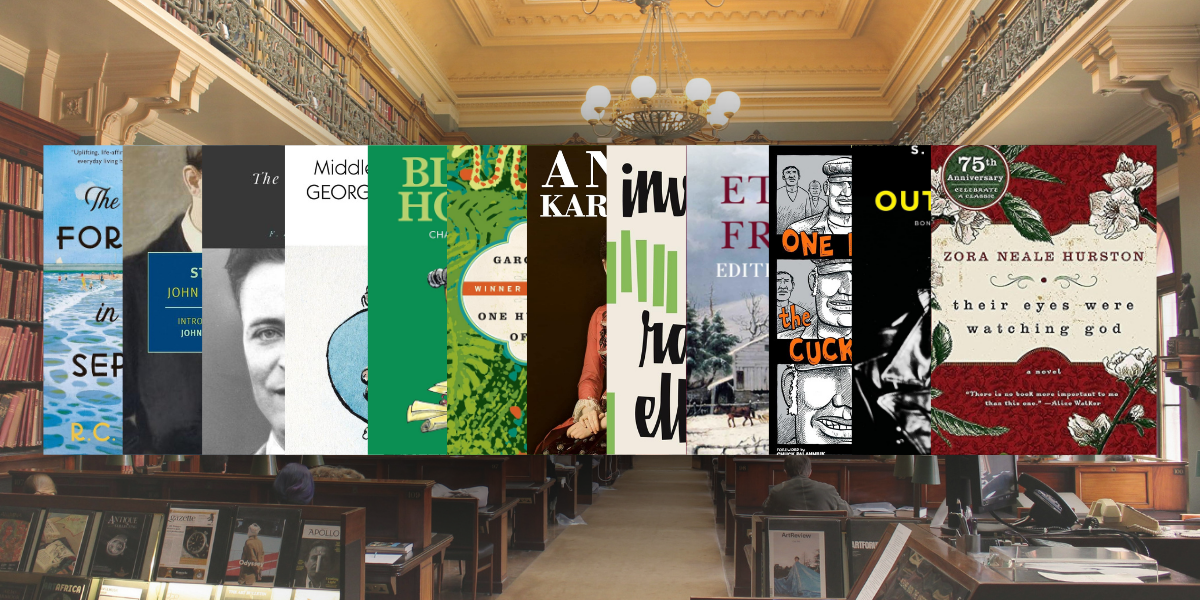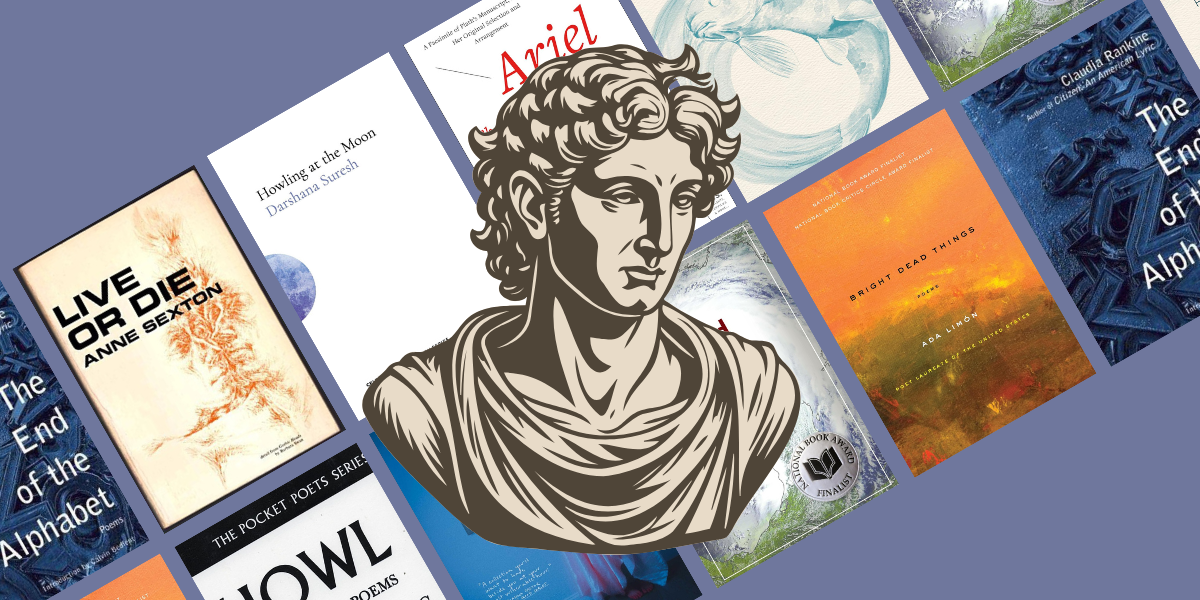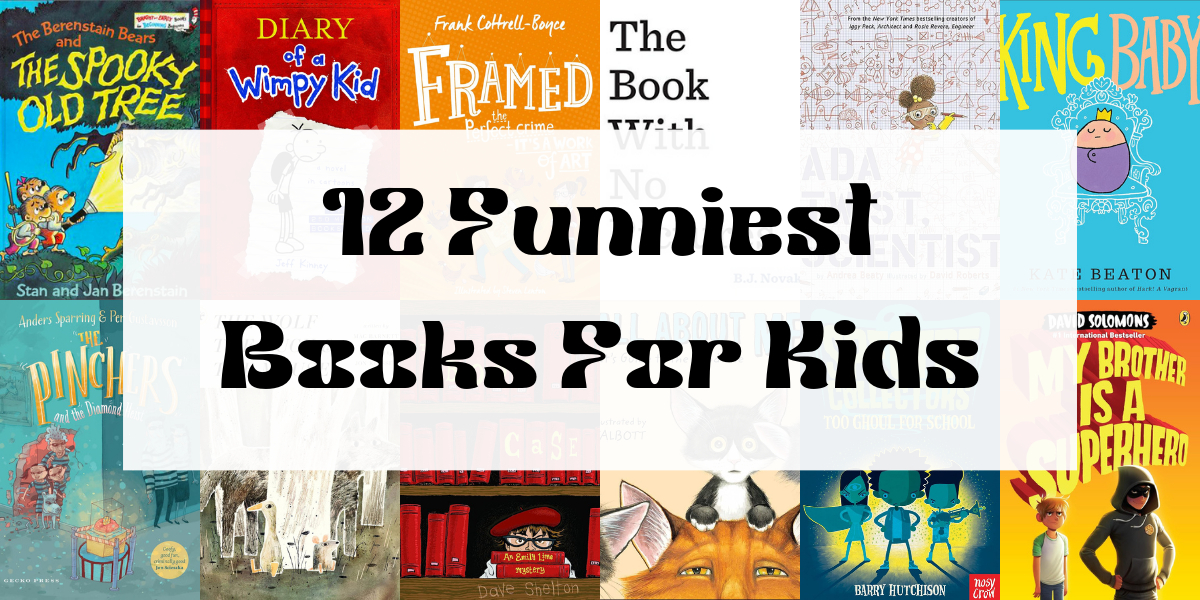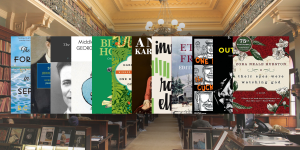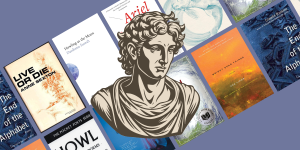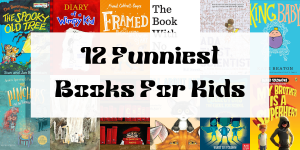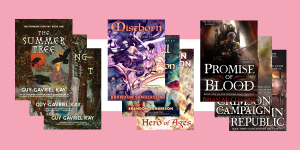We conduct various self-care activities, such as pouring ourselves a drink of something cold, booking a spa appointment, or canceling plans to spend an evening alone. Still, reading poetry is probably way down our list of go-to remedies. Indeed, when was the last time you sat down and read a poem?
Poetry, as we all know, has the ability to transmit thoughts and feelings that can have a tremendous impact on our lives. Art is a cup of a culture’s more preserved literature, in which you may feel the same feelings, spark the same spark, and relate to the poet no matter how ancient it is.
Poetry has demonstrated unprecedented benefits in making you smarter while surrounded by a high vocabulary, unknown concepts, and strong emotions. As a result, poetry is required to comprehensively comprehend the universe and the underlying benefits that cannot be represented through any other form of writing.
Contents
- Are You Really Smarter When You Read Poetry?
- Other Reasons Why Poetry Can Be Beneficial for You
- Is Poetry Good For Your Brain?
- Most Beneficial Poems for You
- Why Do People Love Poetry So Much?
- How poetry makes you feel
Are You Smarter When You Read Poetry?
Poetry can awaken your mind to thoughts still within us but difficult to grasp. It enhances your memory and aids in developing deep problem-solving techniques, which will inevitably make you smarter.
Unlike any other form of literature, poetry allows you to experience the lives of poets who, more than likely, have more knowledge and wisdom than you have. You gain a greater understanding of the text you manifest in your life with each emotion.
Moving on to the practical reasons why reading can make you smarter, poetry can potentially expose you to advanced language and linguistic patterns that you can utilize daily to be wiser in transmitting and receiving information. Aside from that, by viewing the world through someone else’s eyes, you adjust your perspectives and organically gain the ability to see a situation from every angle.
Is Poetry Good For Your Brain?
Poetry has been studied to see how it affects the brain and whether it differs from listening to music or watching movies. One study discovered that when people listened to poetry as opposed to other mediums, their heart rates elevated, and they gradually developed goosebumps.
Other research has shown that reading poetry strengthens the right brain and allows the listener or reader to be more open to new viewpoints. It has even been demonstrated that our brains are hardwired for poetry and can perceive poetic harmony without training or experience.
Poetry, like music, elicits an emotional response. When a person reads or listens to poetry, MRIs show that certain regions of the brain’s right hemisphere associated with reward and emotion light up.
Poetry makes us smarter as a whole. Poetry is more than just reading words; it is also about comprehending their sounds, meanings, and emotions. When the brain has to put all of these things together at once, its function improves, and overall cognitive health improves.
Poetry improves memory and promotes self-reflection. MRIs have shown that reading or listening to poetry stimulates the portion of the brain that activates during daydreaming to light up. Poetry frequently lingers with the reader, prompting them to re-read and memorize the words. Poetic words are easier to remember than non-poetic ones, and they can help boost a person’s memory and make them more receptive to retaining additional information!
Other Reasons Why Poetry Can Be Beneficial for You

If you think the idea that poetry can make you smart is enough to entice you, just wait until you learn what else it can provide its readers.
1. Makes you empathetic
A study conducted in 2006 states that stronger empathy skills are more lie to be poetry readers than otters. This is because poetry is fiction that goes in-depth with the poet’s sorrow, happiness, struggles, and excitement. As a result, you drag yourself out of your worries and start considering the feelings of others around you.
2. Improves memory
Poetry memorization helps imprint a beautiful language into our hearts. When we tend to like poetry, there are solid chances of us memorizing and making the most out of it. This is especially true for kids as they learn poetry in English classes. Studies have also shown excellent long-term health benefits of memorizing poetry as it lowers the risk of Alzheimer’s.
3. Reading poetry improves vocabulary.
I’m sure we all have been there: you read the poetry for the first time, and it is difficult to grab the overall idea as you can’t understand the words in the first place. However, once you start reading more of this material, you realize how easy it is to comprehend poetry.
So what changed?
As we read, you learn about an entirely new set of vocabulary you never knew existed. Therefore, your mind gets trained to consume information to understand such complex words and sentences. This also allows you to express situations from different viewpoints, all while being a clear table to verbalize them.
4. Helps us celebrate
The most joyous moment can never be expressed through balloons or gifts. There is something quite magical about poetry that helps you resonate with the words and deliver your message in the best way possible. Thus, reading poetry can be handy for writing your own poems on specific occasions to show your gratitude towards your loved ones.
5. Writing poetry is therapeutic.
According to innumerable poetry readers, since poetry is an excellent way to self-reflect, it can be a great way to heal from past traumas. Grief is undoubtedly the most painful emotion we could ever experience, but reading this poetry can be your door to relief.
Many of us cope with such strong emotions by diverting our focus to happier aspects of our lives. However, by reading poetry, you get to pause, take your moment to feel the pain truly, AND find the courage to get out of it in the healthiest way. It is also said that poetry readers are more likely to be better writers than people who don’t.
Read more: How To Become A Better Writer Fast: 13 Effective Tips To Takeaway
Most Beneficial Poems for You
Don’t understand what I mean? Here are the three most beneficial peons that have influenced millions of people around the world.
1. The New Colossus” by Emma Lazarus (1849-1887)
“Not like the brazen giant of Greek fame,
With conquering limbs astride from land to land;
Here at our sea-washed, sunset gates shall stand
A mighty woman with a torch, whose flame
Is the imprisoned lightning, and her name
Mother of Exiles. From her beacon-hand
Glow’s world-wide welcome; her mild eyes command
The air-bridged harbor that twin cities frame.
“Keep, ancient lands, your storied pomp!” cries she
With silent lips. “Give me your tired, your poor,
Your huddled masses yearning to breathe free,
The wretched refuse of your teeming shore.
Send these, the homeless, tempest-tossed to me,
I lift my lamp beside the golden door!”
2. “The Road Not Taken” by Robert Frost (1874-1963)
“Two roads diverged in a yellow wood,
And sorry I could not travel both
And be one traveler, long I stood
And looked down one as far as I could
To where it bent in the undergrowth;
Then took the other, as just as fair,
And having perhaps the better claim,
Because it was grassy and I wanted wear;
Though as for that the passing, there
Had worn them really about the same,
And both that morning equally lay
In leaves no step had trodden black.
Oh, I kept the first for another day!
Yet knowing how way leads on to way,
I doubted if I should ever come back.
I shall be telling this with a sigh
Somewhere ages and ages hence:
Two roads diverged in a wood, and I—
I took the one less traveled by,
And that has made all the difference.
3. “Shall I Compare Thee To A Summer’s Day?” by William Shakespeare
“Shall I compare thee to a summer’s day?
Thou art more lovely and more temperate.
Rough winds do shake the darling buds of May,
And summer’s lease hath all too short a date.
Sometime too hot the eye of heaven shines,
And often is his gold complexion dimmed;
And every fair from fair sometime declines,
By chance, or nature’s changing course, untrimmed;
But thy eternal summer shall not fade,
Nor lose possession of that fair thou ow’st,
Nor shall death brag thou wand’rest in his shade,
When in eternal lines to Time thou grow’st.
So long as men can breathe, or eyes can see,
So long lives this, and this gives life to thee.”
Why Do People Love Poetry So Much?

The reader who appreciates reading poetry does so for a variety of reasons. The foundation of the resemblance, though, lies in the efficient use of words. Poems have been known to be appreciated for the emotions they elicit. Another aspect that can be enjoyed is the sound. Poems have their own rhyme and rhythm, which makes even the most complex words sound lovely.
Pick up any poem and you will begin to experience vivid pictures with simply the first few lines having an impact on your life. This, however, is dependent on the type of poems you read. Whereas some poems are narrative and have interesting stories to tell, others simply paint a picture in our minds.
As a result, we love poetry because of the carefully chosen words that are artfully combined with emotions to cut through the surface-level information and truly plant those words in your heart.
How Does Poetry Make You Feel?
According to studies, full-term fetuses raise their heart rates when they hear their mothers reciting poetry, implying that humans’ brains are predisposed to poetry. Perhaps it’s because the sound of these powerful words makes everyone feel “something.”
This also suggests that even if we aren’t frequent readers of poetry, our brains always respond positively to it. This is primarily due to the concise details that allow the reader to enter the writer’s mind and view through his eyes. Poetry, as a general rule, demands a poet to be highly disciplined in the manner he creates the words and put them on paper. The number of words and their distinct selection are crucial in making or breaking any poetry here.
When you start reading, you get a glimpse of what the poet was thinking while writing. You are not merely reading a few sentences on a piece of paper; the world that is growing inside your brain is much more profound and significant, and it will have a huge impact on your life.
When you start to feel this way, it can be difficult to deny yourself of its unparalleled benefits that you will enjoy for the rest of your life.
Read more: Awesome Benefits Of Reading Books Of Different Genres
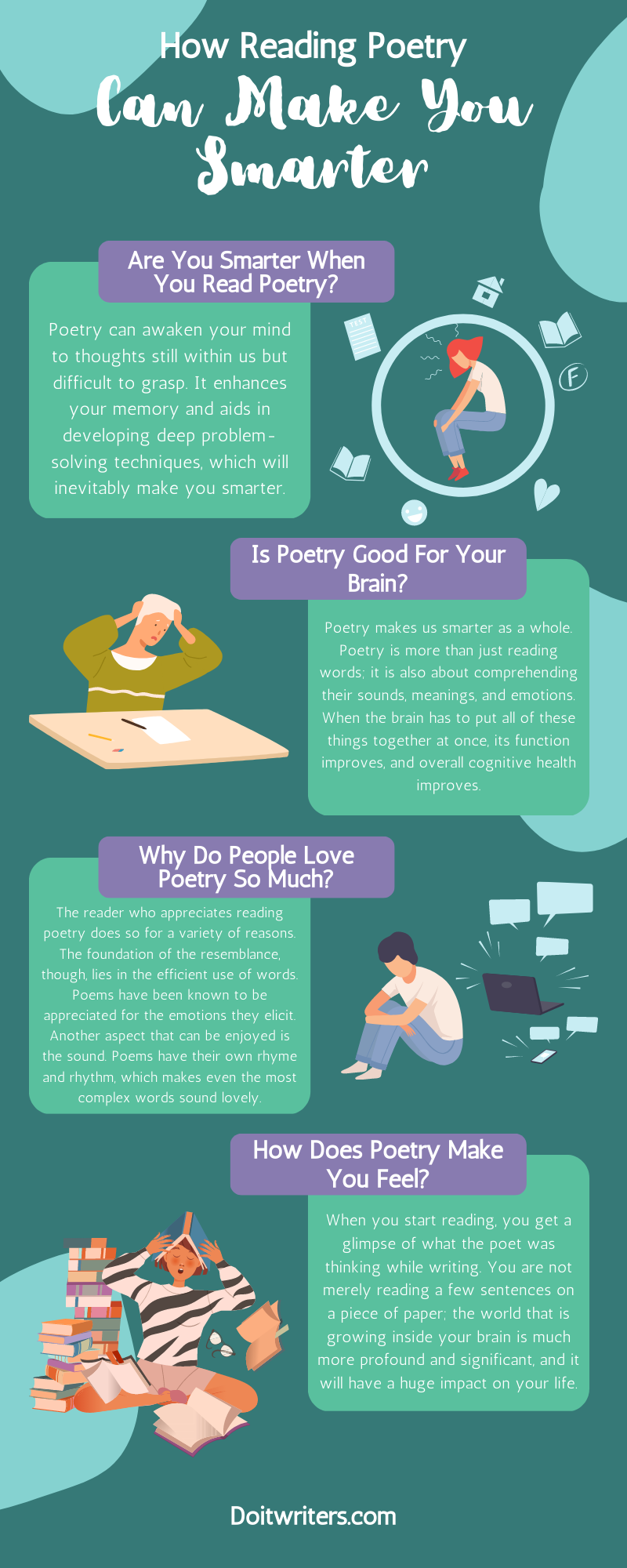
How Reading Poetry Can Make You Smarter
